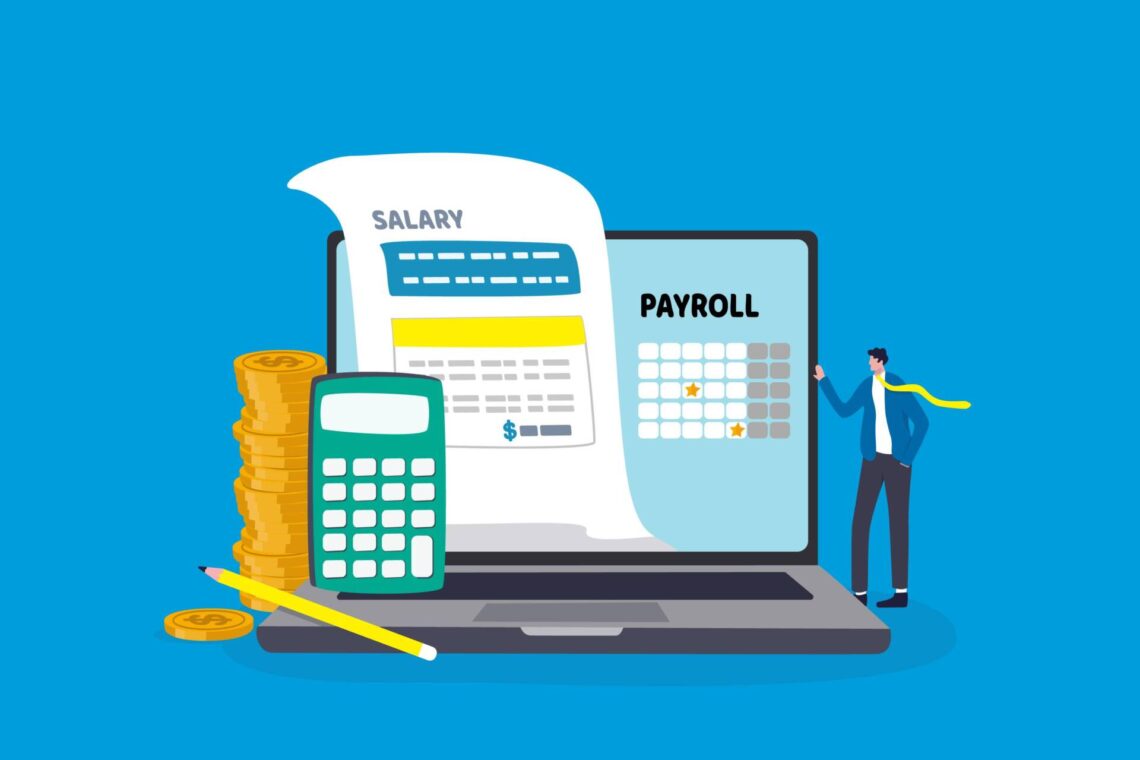With the holiday season approaching, businesses across Australia will soon start planning their annual Christmas festivities. ‘Tis a wonderful time of the year, where businesses can let their hair down, celebrate the year’s achievements, boost team morale, and spread some Christmas cheer. However, amidst the celebrations, a practical question often arises: Are office Christmas parties tax-deductible?
Let’s explore what expenses count as tax-deductible this festive season and how to navigate the regulations set by the Australian Taxation Office (ATO).
Fringe Benefits Tax (FBT) and Christmas Parties
It’s essential to recognise that your Christmas party costs may attract Fringe Benefits Tax (FBT). If you’re not familiar with FBT, it’s a tax the Australian government imposes on specific benefits that employers provide beyond regular salaries or wages. Think company cars, health insurance, and yes, even Christmas parties. These events fall under the FBT category as a non-cash benefit.
Not every Christmas party triggers FBT. The ATO outlines exemptions, and whether you can claim a deduction depends on cost per head, who attends, and where the party’s held. By following ATO guidelines, you might avoid paying FBT altogether.
Let’s take a closer look at each of these factors.
When is a Christmas Party Tax Deductible?
Cost Per Head Rule
Don’t get your tinsel in a tangle just yet! By simply ensuring you stay under $300 per head, the cost of your Christmas party will generally be exempt from FBT. Here’s how the cost per head rule impacts your ability to claim Christmas parties on tax:
- Costs Under $300 Per Person:
The magic number is $300 per person. If your costs are below this per attendee, they’re usually a “minor benefit.” That means no FBT, but also no tax deduction. In short — stay under $300 and skip FBT, but you can’t claim the expense. - Costs Over $300 Per Person:
If your Christmas party exceeds $300 per person, the situation changes depending on who you’ve invited (refer to our table below). In some cases the costs will be subject to FBT, which also means you can claim a tax deduction for the entire expense, including GST credits. Paying FBT means you’ll face additional tax obligations, so while the expenses are deductible, you may not be saving money.
Attendance Rule
Whether or not you can claim your event on tax also hinges on who attends your Christmas party. The ATO makes distinctions between employees, their associates (like spouses or family members), and clients or suppliers:
- Employees: Expenses for employees fall under the general FBT regulations. If the cost per person exceeds $300, FBT applies and the expenses become tax deductible.
- Associates: The same rules for employees also apply to associates. If spouses or partners are invited and their portion of the cost surpasses $300, it will incur FBT, but the expenses remain deductible.
- Clients and Suppliers: When clients or suppliers attend, their costs are exempt from FBT but not deductible. The ATO classifies these as entertainment expenses, which can’t be claimed.
Location Rule
Another important aspect to consider is the location of the party, i.e. whether it takes place on your business premises or off-site:
- In-House Parties: Hosting the event at your office or another business-owned property qualifies it as a minor benefit if the cost per employee is below $300. This means no Fringe Benefits Tax (FBT) applies, but the expenses are not tax deductible.
- Off-Site Parties: Holding your event at a restaurant or venue and spending over $300 per person means FBT applies. These costs can be claimed as a deduction.
Overview of Christmas Party Tax Rules
To sum up the above rules, we’ve pulled together a handy table to help you better understand your tax responsibilities this Christmas.
| In house/ Off site | Cost per Head | Who are the Guests | FBT Applicable? | Deductible? |
| In House | Under $300 | Employees | No | No |
| In House | Under $300 | Associates | No | No |
| In House | Under $300 | Clients | No | No |
| In House | Over $300 | Employees | No | No |
| In House | Over $300 | Associates | Yes | Yes |
| In House | Over $300 | Clients | No | No |
| Off Site | Under $300 | Employees | No | No |
| Off Site | Under $300 | Associates | No | No |
| Off Site | Under $300 | Clients | No | No |
| Off Site | Over $300 | Employees | Yes | Yes |
| Off Site | Over $300 | Associates | Yes | Yes |
| Off Site | Over $300 | Clients | No | No |
What About Staff Christmas Gifts?
When spreading Christmas cheer with staff gifts, don’t let FBT steal your budget!
Staff gifts and Christmas party expenses are separate benefits for FBT purposes — not one combined total.
If each benefit (gift or party) is under $300 per person and provided infrequently, the ATO considers it a minor benefit, exempt from FBT.
If either exceeds $300 per head, FBT may apply.
Remember: if FBT doesn’t apply, you’ll also lose the tax deduction and GST credit for that expense.
Our advice? Keep things merry but modest — stay within limits and celebrate without extra tax headaches.
Want to know the rules for client Christmas gifts? Read “Are Client Christmas Gifts Tax Deductible?”
Maximising the Festive Fun Without the Extra Costs
In a very festive nutshell, it’s crucial for businesses to understand the rules and regulations surrounding Tax, and specifically FBT during the Christmas season to ensure you remain compliant. To keep your office Christmas party FBT-free and avoid extra tax costs, here are a few tips:
- Consider how much to spend: If you’re looking to avoid FBT, one of the most important things to remember is to keep the cost per head within the acceptable limit. For the current financial year, this limit is under $300 per head (but it can change every year, so be sure to check the latest figures again next year). While you’ll avoid FBT, remember that you won’t be able to claim the expenses as a deduction.
- Consider who to invite: More isn’t always merrier! Invite all your employees to the party, but you might like to avoid inviting clients and suppliers if you want to maximise deductions, as their costs won’t be deductible.
- Where to host the party: Host your party on your business premises during work hours. This way, the party can be considered a “minor benefit” and is exempt from FBT.
- Record Keeping: And lastly, make sure to keep accurate records of all expenses related to the party, as these will be needed when you lodge your next tax return.
By carefully planning your party and keeping these tips in mind, you can make sure your team enjoys a festive end of year celebration without any unpleasant surprises from the tax office. Happy party planning!





